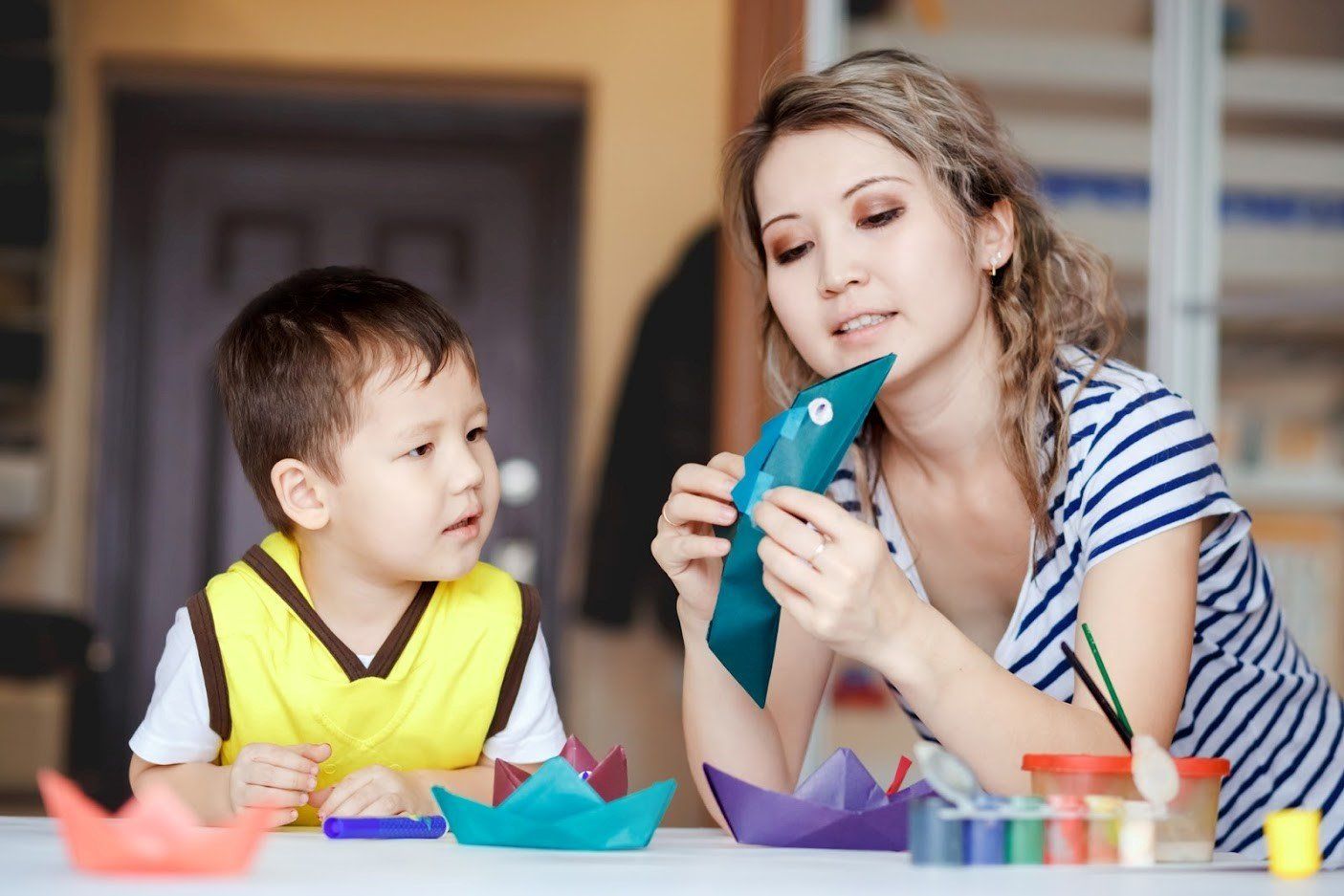Help Your Shy Preschooler Adjust | Small World
If your shy child is about to enter an early learning center or preschool, you might expect a few challenges ahead. Shy kids sometimes find social interaction and making new friends difficult. These types of situations may require a bit of patience and encouragement on your part. Here's how you can help your shy child adjust to this new journey he or she is about to embark on.
1. Accentuate the Positive and Learn Acceptance
Acceptance is an important first step for your child to develop self-esteem. Rather than trying to drastically change your child or alter his or her personality, embrace the positive and let that winning personality shine through. For instance, many shy children are more perceptive and good listeners. Draw on the positive aspect and your child will develop traits that will help him or her in later years.
By focusing on the positive aspects, your child will come to realize that being shy is not a personality flaw, and there is nothing wrong with being introverted.
2. Help Build Self-Esteem
Developing self-confidence may help bring the shy child out of his or her proverbial shell. Parents can help build self-esteem in the shy child through praise and encouragement. When your child does something exceptionally well or learns to overcome new challenges, reward and praise is a good incentive.
When your child faces apprehension head on, compliment him or her for being brave or taking the initiative. For instance, when your child greets the new student with a hello or volunteers an answer in the classroom, express your pleasure and pride.
3. Foster Your Child's Interests
Does your child show an interest in music or sports? Encourage his or her special abilities in an area of interest. When your child begins to excel, not only will confidence begin to flourish, making friends becomes easier as well.
Encourage team sports if that's an area of interest. Group activities are a good idea as well. Your child may feel more comfortable around others when they interact with children who share similar interests. Getting involved is a good way to make new friends as well.
4. Don't Compare Siblings
Every child is a unique individual. If you have two children who are complete opposites, try not to compare one to the other. If Billy is shy and his brother Bobby is outgoing, refrain from telling Billy to be more like Bobby.
Constantly comparing the two siblings may make the shy child feel like he is inferior and this may lower his self-esteem. When your child realizes he or she is loved and supported unconditionally, they may find being outgoing easier.
5. Avoid Labeling Your Child
Try not to label your child as "shy" or "timid". Doing so may reinforce this behavior and become a stigma for your child throughout the years. Rather than telling your child something like, "You're shy, and I wish you'd be more outgoing and friendly", try a different approach.
Tell your child something such as, "I know it takes you a little time to feel at ease when meeting new people, and that's alright. When you're with your friend Amy, you have lots of fun, and making new friends will be even better".
6. Communicate With Your Child
If your child feels apprehensive when encountering strangers or new situations, ask what makes him or her scared. Communication between a parent and child can be a constructive activity.
Once you know what circumstances makes your child feel uncomfortable, you can help him or her overcome the fear. For instance, you might read books about making new friends, or share similar experiences and tell how you overcame being scared.
As a final thought, speak to your child's preschool teacher and explain that your child may take a little time to warm up and feel comfortable. You might also take your child on a little tour of the learning and development center before enrollment.










